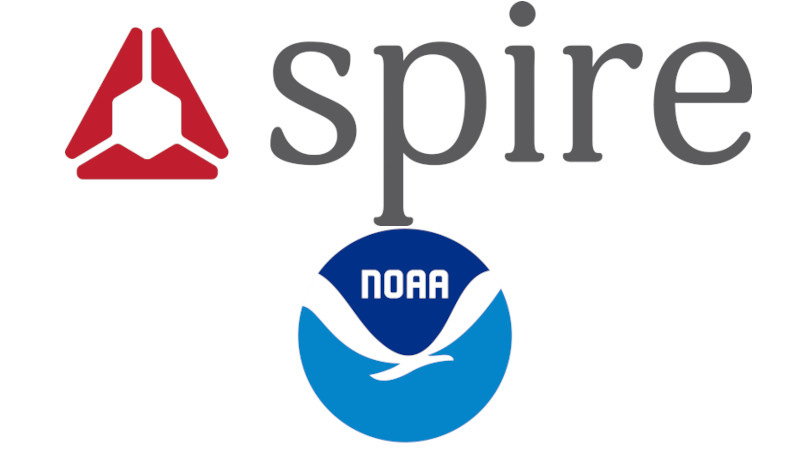NOAA Awards Two Contracts to Spire Global
Total Value of the Awards is $13.6 Million
NOAA has awarded a pair of contracts to Spire Global, one for radio occultation data and another for satellite weather data. The total value of the two awards is $13.6 million.
“Our continued work with NOAA underscores the importance of government–commercial partnerships in advancing weather forecasting and highlights NOAA’s commitment to harnessing inno…




